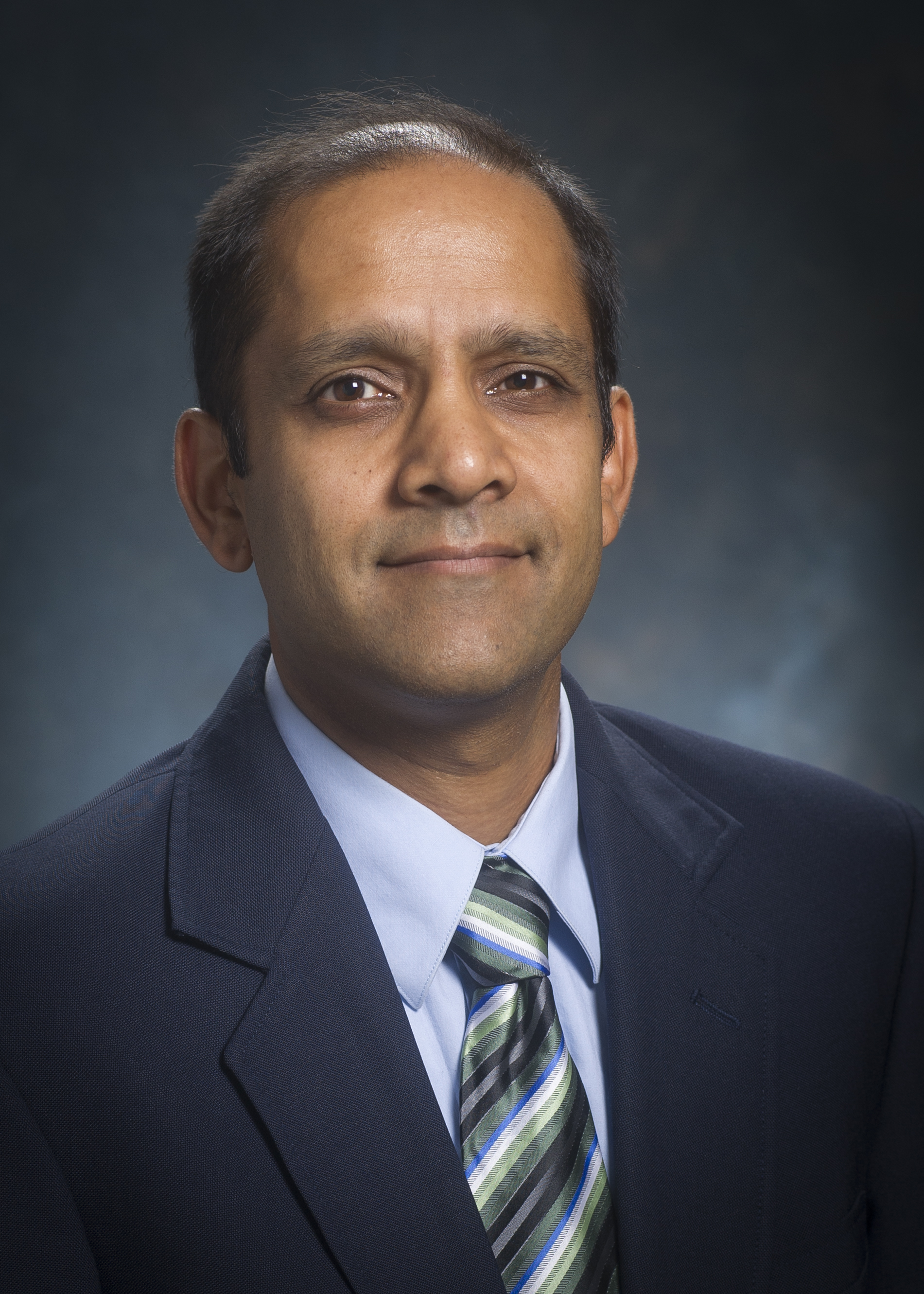The Department of Pathology is excited to highlight the work of several of our faculty who are conducting or planning clinical and translational research projects related to SARS-CoV2(summarized below). Please keep us informed on any interests your lab may have in this area. Importantly, prior to initiating any work please ensure your lab is compliant with occupational health requirements and studies have necessary IRB/IACUC approvals.
Sixto Leal, M.D., Ph.D., Assistant Professor, Laboratory Medicine – Dr. Leal’s lab had developed a protocol for testing for SARS-CoV2 infection and is currently working to further optimize and increase capacity (4 fold) to include the detection of other viruses (Flu, RSV). This will speed up the time to an accurate diagnosis for patients and limit the need for unnecessary testing with expensive viral respiratory panels. Furthermore, in collaboration with Mike Crowley and Elliot Lefkowitz, Dr. Leal’s group aims to sequence all of the RNA in diagnostic samples and determine their prognostic significance. This information will allow modification of the test to not only detect the virus but provide information on whether that patient is likely to overcome infection or require more intensive care. Leal was awarded a School of Medicine grant to pursue this work.
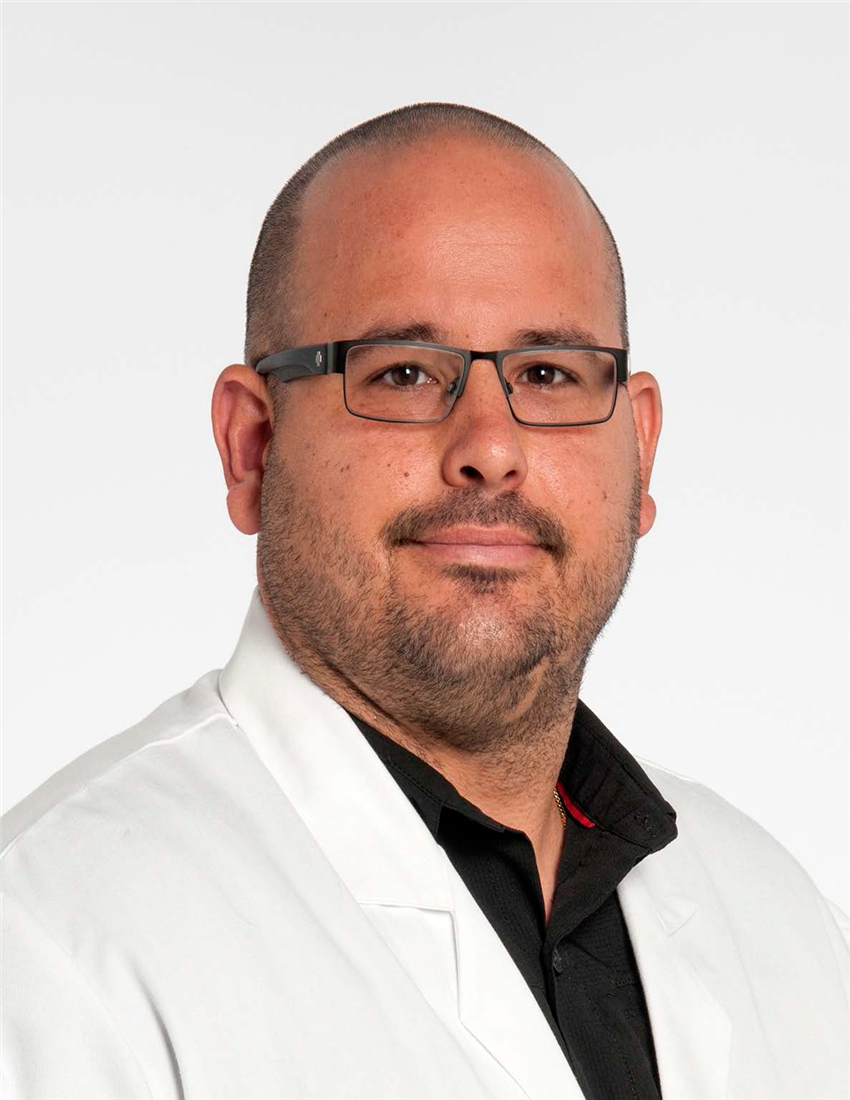
Paul Benson, M.D. - Dr. Benson's proposed research includes autopsy of adult decedents whose death has occurred due to or with COVID-19. Information gathered from the histopathologic examination will be used for an autopsy report with a synoptic gross description, a histologic description of microscopic pathology, a list of diagnoses and findings (which could be coded to facilitate research) and a summary including an opinion regarding the mechanism and cause of death for each case. Specimens will be shared with the UAB research community for assessment of candidate mediators and markers that may provide insights into the underlying cause of disease and death.
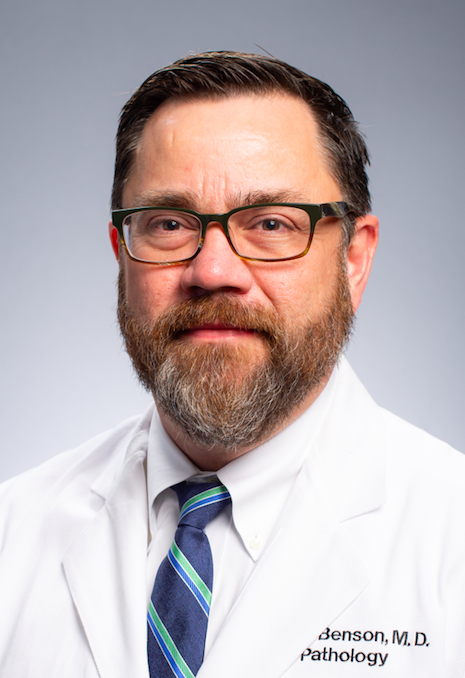
Ona Faye-Petersen, M.D.; Virginia Duncan, M.D. – The goal of these collaborative studies with Drs Nitin Arora and Suresh Boppana of Neonatology and William Britt, M.D., of Pediatric Infectious Disease is to determine whether transplacental transmission of COVID-19 occurs.

Ralph Sanderson – Dr. Sanderson’s laboratory studies the enzyme heparanase and its function and inhibition in cancer. Based on evidence that heparanase and its substrate, heparan sulfate, are involved in the infection of cells by some viruses (e.g., HIV, HSV), Dr. Sanderson will work with Dr. Kevin Harrod (Anesthesiology) to screen the effectiveness of heparanase to inhibit the infectivity of COVID-19.
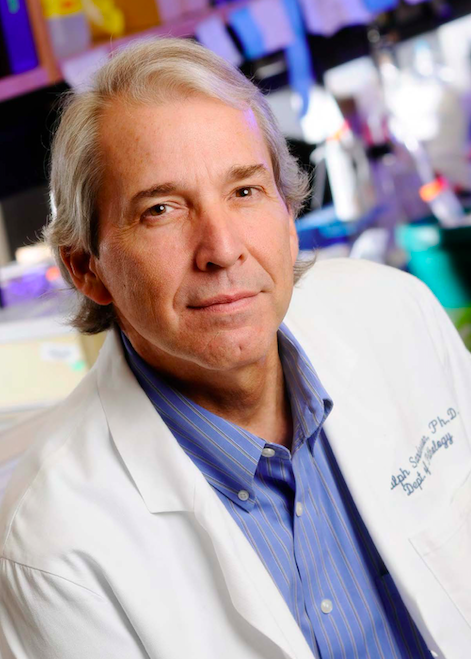
Zdenek Hel, Ph.D. - The central hypothesis being tested by Dr. Hel and his lab is that infection with SARS-Cov-2 results in accelerated recruitment of neutrophils from the bone marrow and emergence of specific neutrophil subpopulations with pathological properties. The elicited neutrophil populations display a higher capacity to undergo NETosis and promote the progression of ARDS, myocardial injury, and end-organ damage.
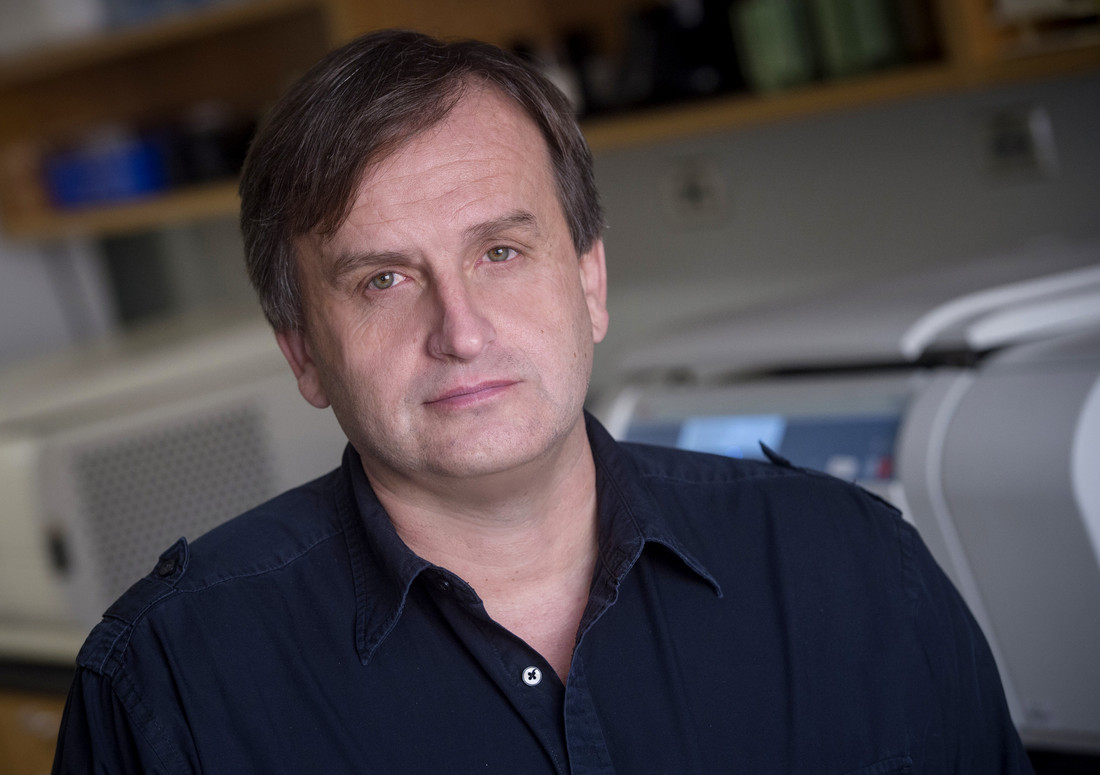
Rajeev Samant, Ph.D.- Dr. Samant's group works on unraveling the contributions of IFN signaling pathway-mediating protein, NMyc (and STAT) interactor (NMI) to cancer biology. Based on its ability to influence JAK/STAT signaling, NMI may also modulate the host's response to viral infection and moreover NMI was identified as a binding partner of the severe acute respiratory syndrome (SARS) coronavirus non-structural protein 6. Via high throughput screening studies, Dr. Samants group in collaboration with Southern Research and the ADDA has identified a series of compounds that upregulate NMI and propose to test these as potential anti COVID19 therapeutics.

Rakesh Patel, Ph.D.- In collaborative studies with Drs Amit Gaggar and Jarrod Barnes (Medicine-Pulmonary, Allergy and Critical Care), and Kevin Harrod (Anesthesiology) two hypotheses are being explored: i) PGP matrikines derived from breakdown of collagen propagate and mediate heightened lung inflammatory response mediated by SARS-CoV2 infection. We will test whether inhibiting PGP effects prevent epithelial and endothelial injury after viral infection, ii) Interfering with viral-co-opting of cellular N-glycan biosynthesis pathways, specifically inhibiting modification of proteins with high mannose sugars, may prevent viral infectivity. Both projects will utilize samples collected from autopsy (Dr. Paul Benson and Silvio Litovsky) and the Pathology Tissue biorepository core.
